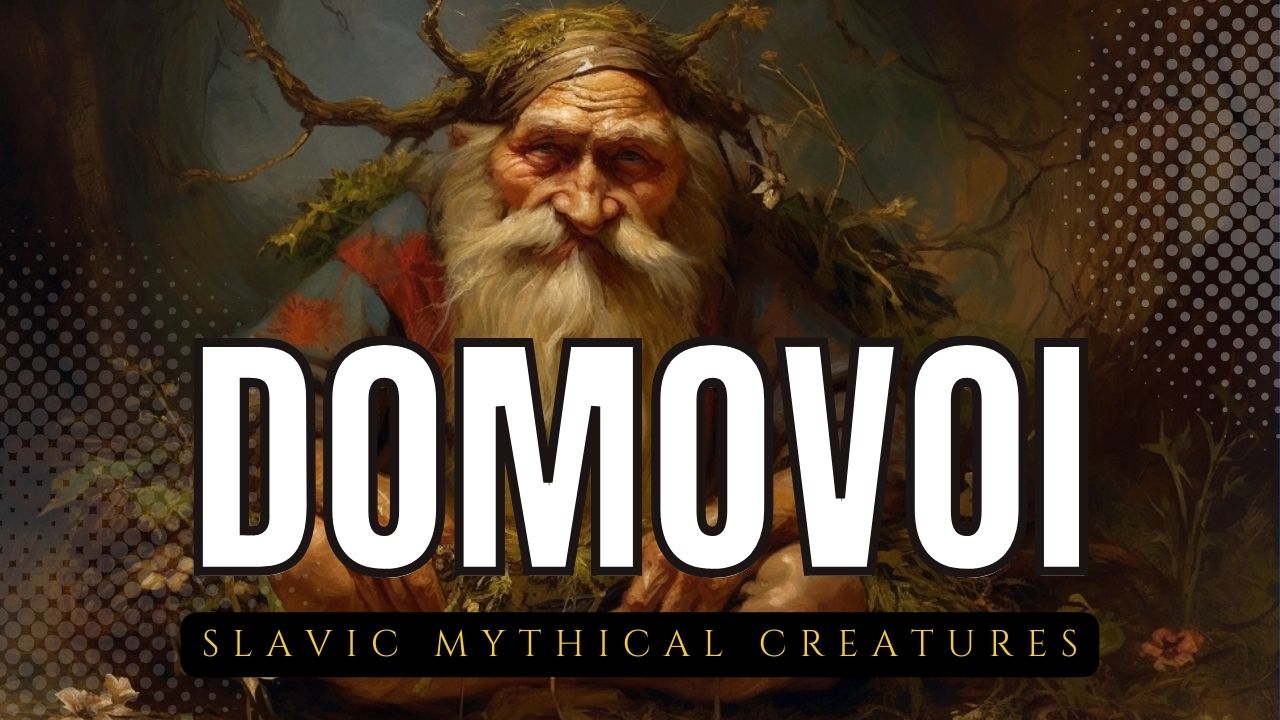In pre-Christian Slavic folklore, a domovoi is a guardian spirit of the home who resides in the fireplace or behind the stove. The Domovoi, first attested in the 6th century CE, can take many forms, including an older man or woman, a pig, a calf, and a cat. All rural dwellings in Slavic mythology are said to be inhabited by a domovoi, the spirit of a departed family member or member. To avoid having their forefathers “fell through the grate,” many people were careful not to stir the ashes of a fire inside the hearth or beneath the stove, where the Domovoi made their homes.
Because the first family member to move into a newly constructed home was expected to die and turn into the Domovoi, the tradition dictated that the eldest child be the one to move in first. The family tradition was to pack up the ashes from the fireplace and take them with them when they relocated from one home to another. When a house was abandoned, the Domovoi would stay behind even if it was destroyed by fire. Sacrificing a goat, fowl, and lamb, burying it beneath the first rock or log placed, and forgoing a domovoi, would avert the instantaneous death of the eldest family member. He took up the domovoi role after the family patriarch’s death. A domovoi is often a man, but if there are no men inside the house or the female head of the household is in charge, she takes on that role instead.
The standard domovoi appearance was that of a small older man, about the size of a 5-year-old, completely covered in hair. This included the Domovoi’s palms and soles. His entire face is covered in hair except for the area directly surrounding his eyes and nose. There are also accounts of Domovoi with aged features, silvery hair and beard, white moustaches, and bright eyes. Either a blue hooded cape with a pink belt or a red shirt. He appears as a stunning young man donning an all-white ensemble in another narrative. The Domovoi is a grumpy older man who only leaves the house at night to quarrel with no one around. At night he comes to check on the sleeping people and runs his hairy hands over their faces. If your hands are warm and smooth, you’re in luck; bad times are on the horizon if they’re cold and rough.
The Domovoi’s primary role is to safeguard the home by warning its members of impending danger, warding off mischievous woodland spirits, and preventing witches from making off with the cows. The Domovoi is thrifty and hardworking; they can be found late at night riding horses or exploring the farm by candlelight. He may be heard sobbing in the middle of the night after the death of the family patriarch. Before a disaster such as a war, a plague, or a fire strikes, the Domovoi will gather in the meadows to mourn. The Domovoi will make knocking noises, ride the horses until they are fatigued at night, or order the watchdogs to dig holes in the courtyard and howl through the town if they believe bad luck is on the horizon for the family. However, the Domovoi is easily insulted and requires gifts, such as little cloaks, concealed beneath the house floor to provide them with clothing or leftovers from the evening meal. Every year on March 30th, from the crack of dawn till the stroke of midnight, the Domovoi turns evil and must be lured with food.
Multiple versions of house spirits can be found in rural Slavic homes. People fear taking baths at night because a house spirit called a Bannik lurks in bathhouses and could suffocate them if they don’t pray first. The Russian word for “yard dweller” is “domovoi-laska”. They are called ovinnik inside a barn and gumennik outside of one. Vanilla or Bagan is a guardian house ghost who assumes the form of the animals he guards and sleeps in a cradle each night.
